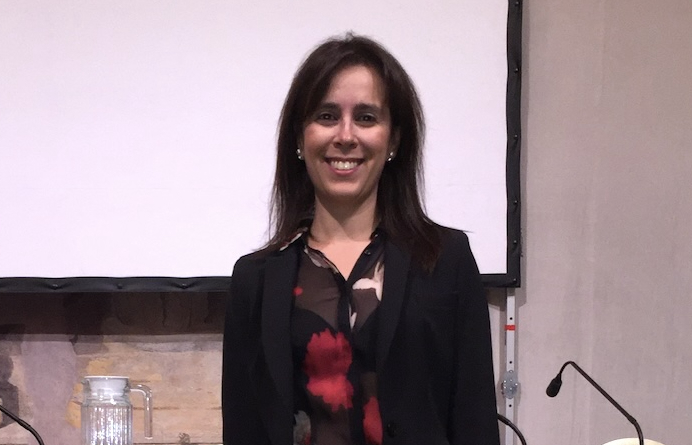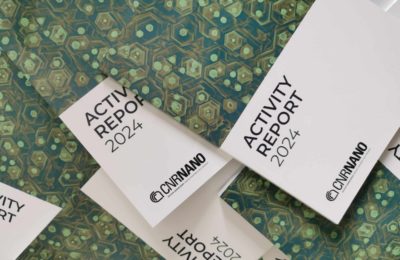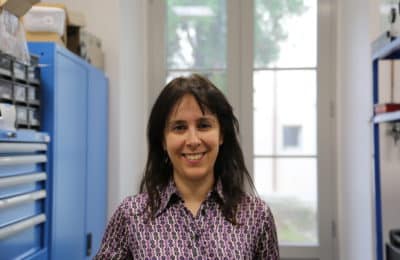We are delighted to announce that Miriam Serena Vitiello, Principal Investigator at CNR Nano, has been awarded an ERC Advanced Grant from the European Research Council for her project NODE (Nanoengineering cutting-edge micro-devices in the far-infrared through advanced material embedding).
The ERC Advanced Grants are among the most competitive and prestigious research grants in Europe, supporting established researchers with exceptional scientific achievements and leadership. These grants fund ambitious, high-risk projects that have the potential to open entirely new areas of investigation.
The goal of NODE is to pioneer a completely new class of integrated photonic devices that operate across the entire far-infrared spectrum (25–250 μm, or 2–12 THz), a region of the electromagnetic spectrum that remains largely unexplored in its full range. The project will achieve this by combining, for the first time, two cutting-edge families of quantum materials:semiconductor quantum heterostructures, engineered at the atomic level to control electronic and optical properties; and van der Waals heterostructures, built by stacking atomically-thin two-dimensional (2D) materials — some with exotic topological properties.
By integrating these advanced materials through sophisticated nanoengineering processes and designing innovative, electrically pumped, miniaturized laser resonators, NODE aims to develop compact, solid-state sources of both classical and quantum light. These novel devices will feature ultrafast dynamics and highly nonlinear optical behavior, opening the door to applications that range from quantum sensing at the nanoscale, light-matter interaction studies, open-space telecommunications, and quantum information processing, to biochemical analysis and medical diagnostics.
NODE is inherently interdisciplinary, merging expertise in advanced materials science, quantum device nanoengineering, nonlinear optics, plasmonics, photonics, and quantum micro- and nano-technologies. The technological platform developed within NODE has the potential to reshape several scientific and technological frontiers.
This is the fifth ERC grant awarded to Miriam Vitiello, who has already led several highly successful ERC-funded projects: a Consolidator Grant (SPRINT), and three Proof of Concept grants (STAR, TeraScan, and CLEAR). She leads the THz photonics research group at the NEST Laboratory of Cnr Nano and the Scuola Normale Superiore in Pisa, and holds an adjunct professorship in Condensed Matter Physics at the Scuola Normale Superiore di Pisa. She has received several international awards, among them the SPIE Achievement Award (2025) and the Frederic Volterra Medal (2020).



